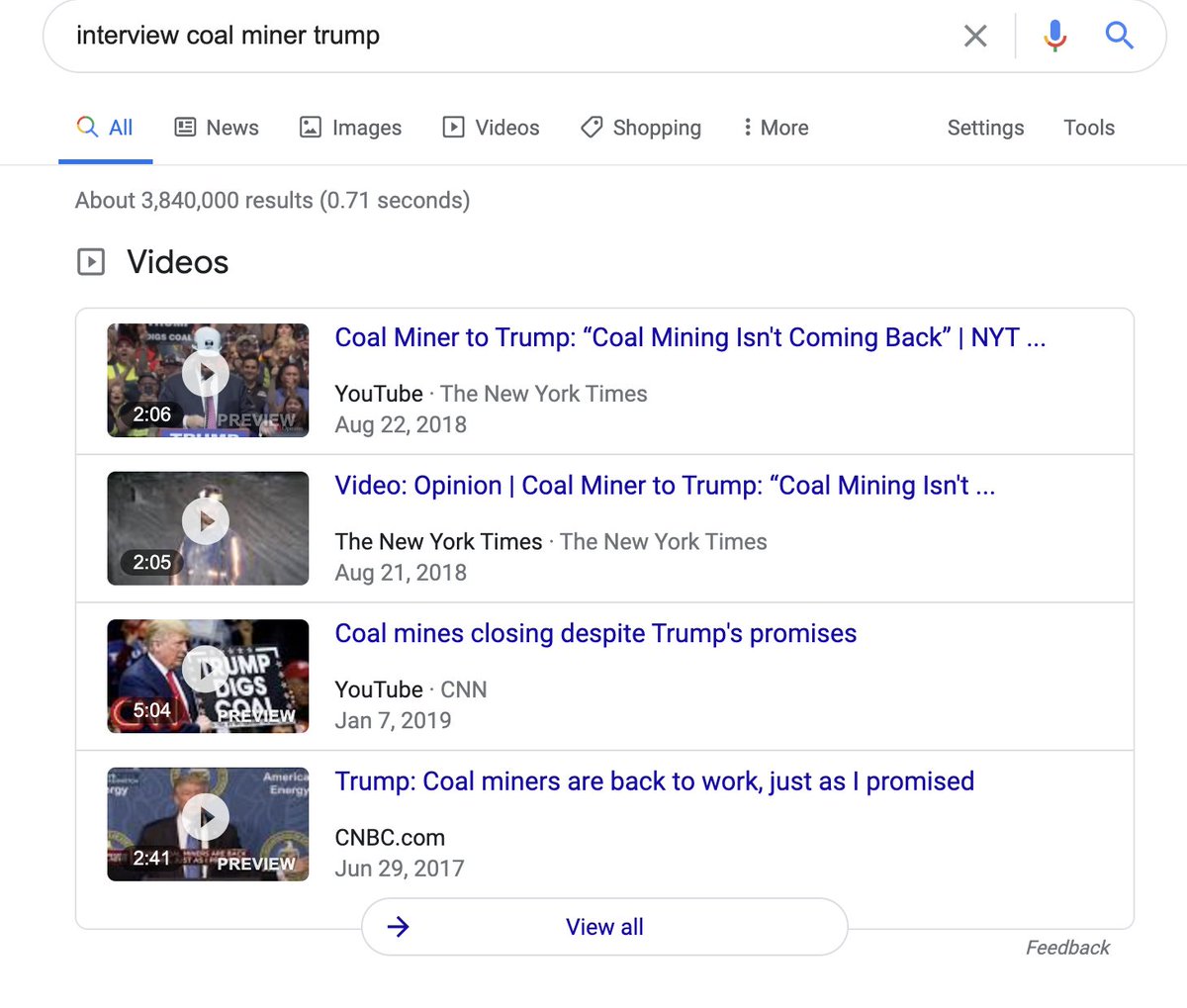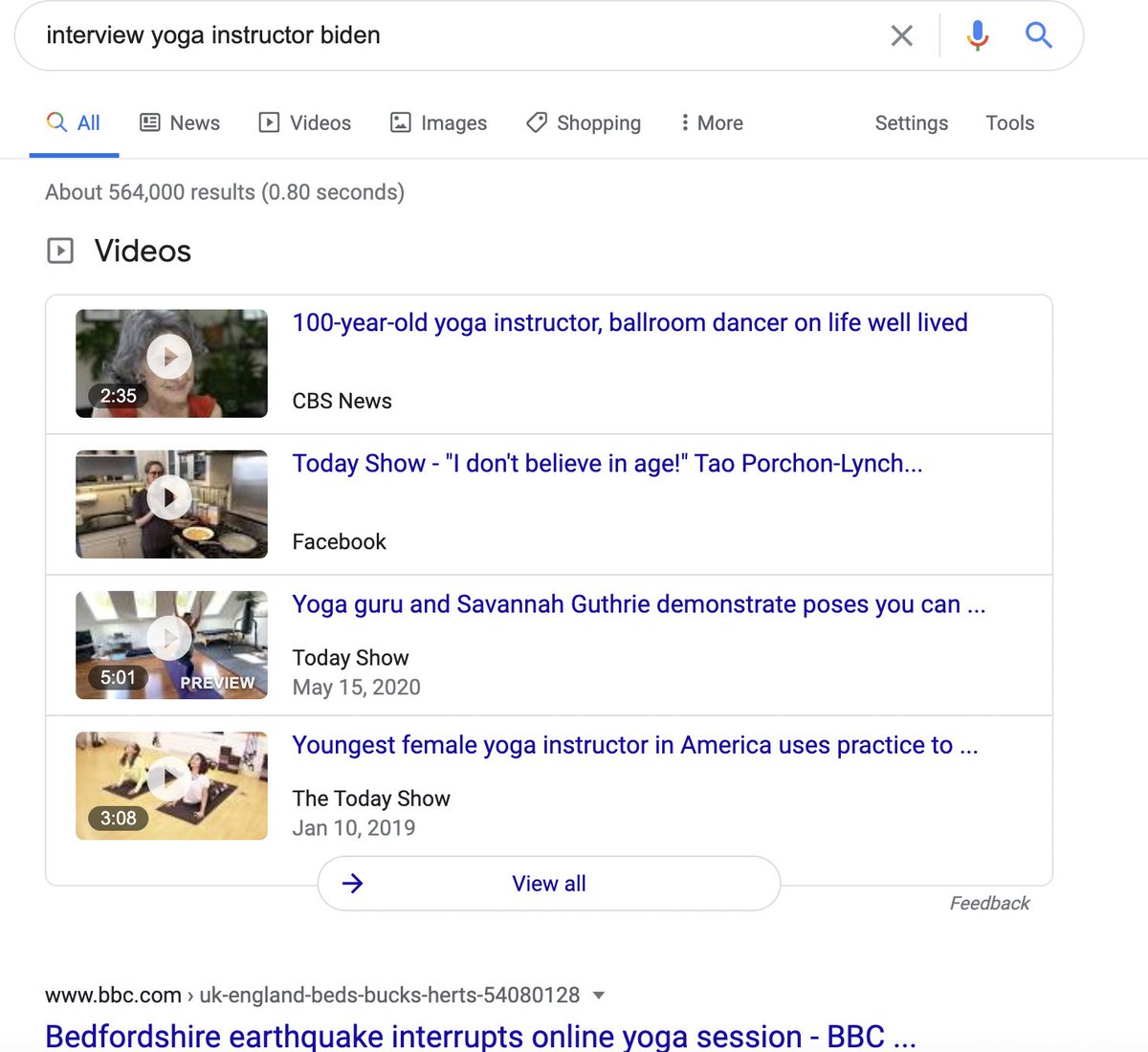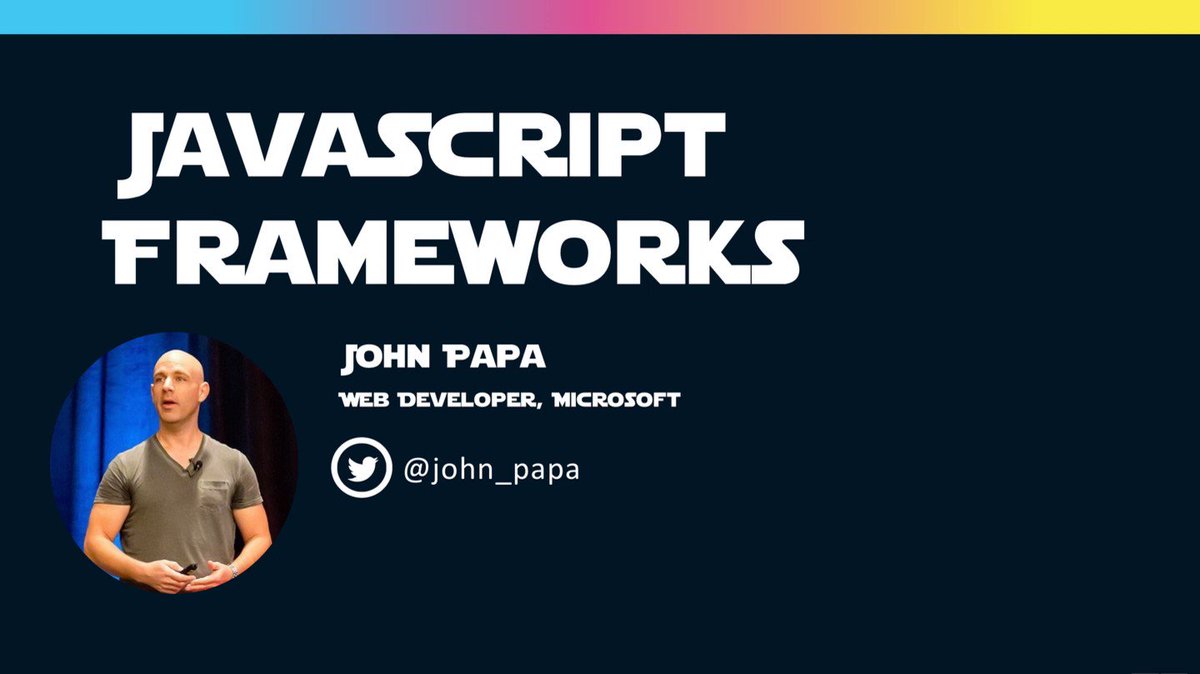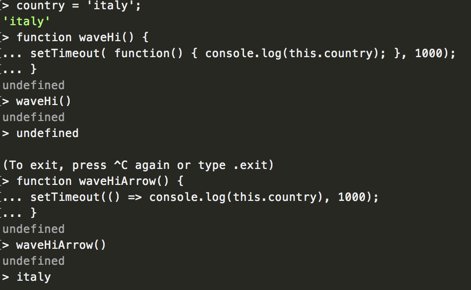Facebook -- having taken out full-page ads in the NYT, Washington Post, and WSJ -- is generally seen as the primary victim of the new app privacy controls coming in iOS14. But Google is perhaps even more vulnerable to ATT. Why has Google remained silent? (1/X)
More from Internet
Many conversations happening on #WhatsApp (WA) groups about new #WhatsAppPrivacyPolicy .
This thread has arguments to help ditch WA & move to @signalapp:
https://t.co/En4fe9VxUN
Share, use, copy-paste, modify with understanding as you deem fit on any platform in whole or part
1/n
Note: No affiliations, conflict of interest
Info presented with NO bias, prejudice, malice or indemnity.
Open to corrections: individual tweets may be deleted, tweets added to thread or corrected as replies.
Points that are unclear or uncertain are marked with "(?)".
2/n
CONTENT OF WA MESSAGES SHALL REMAIN ENCRYPTED END TO END.
BUT, there's data: contacts, group affiliations, co-affiliations, locations (live?), frequency of contacts, *tags* generated when we send or forward a message or file to contacts or groups, links, clicks on links, etc.
3/n
It is unclear whether this data is anonymized.
NOTHING in latest policy *prevents* the collection, retention, sharing or sale by FaceBook (FB: owner of WA) of this data in part or whole whether with identifying information or anonymized.
Meme source:
https://t.co/nMDTUlb0rl
4/n
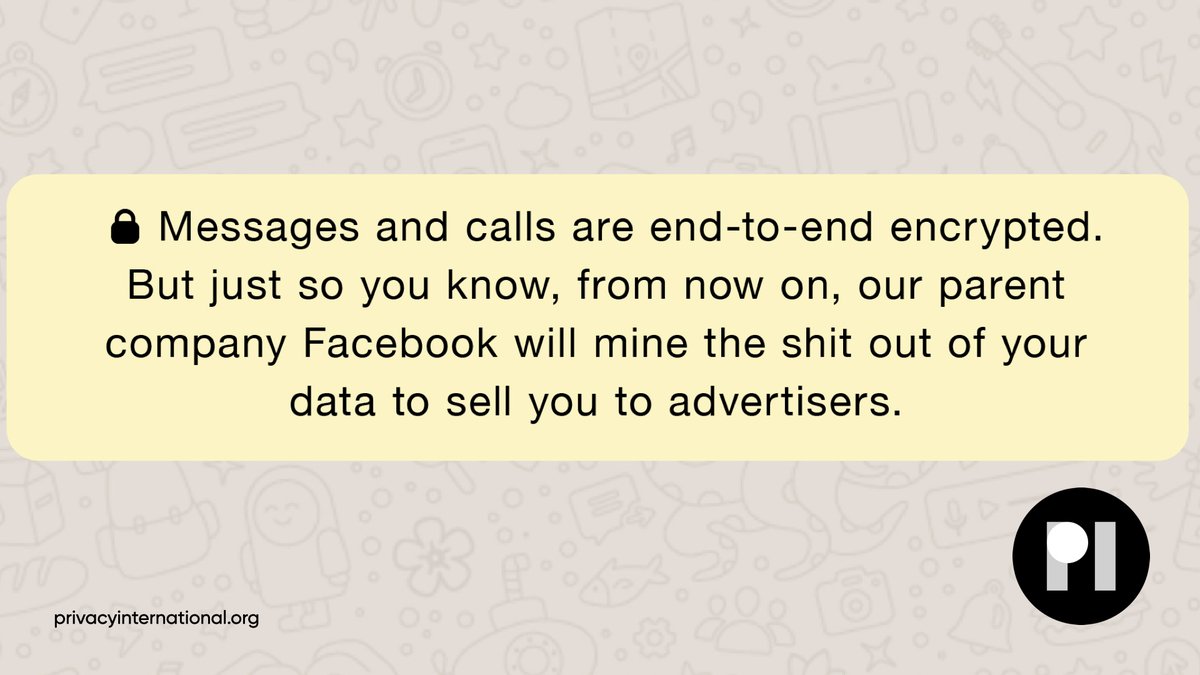
Companies need to make money & generate profits:
To create software, install & maintain infrastructure.
Google, FB, Insta, Amazon etc sell data created from our content & data generated from our interactions (searches, clicks, purchases etc).
This makes many uncomfortable.
5/n
This thread has arguments to help ditch WA & move to @signalapp:
https://t.co/En4fe9VxUN
Share, use, copy-paste, modify with understanding as you deem fit on any platform in whole or part
1/n
Note: No affiliations, conflict of interest
Info presented with NO bias, prejudice, malice or indemnity.
Open to corrections: individual tweets may be deleted, tweets added to thread or corrected as replies.
Points that are unclear or uncertain are marked with "(?)".
2/n
CONTENT OF WA MESSAGES SHALL REMAIN ENCRYPTED END TO END.
BUT, there's data: contacts, group affiliations, co-affiliations, locations (live?), frequency of contacts, *tags* generated when we send or forward a message or file to contacts or groups, links, clicks on links, etc.
3/n
It is unclear whether this data is anonymized.
NOTHING in latest policy *prevents* the collection, retention, sharing or sale by FaceBook (FB: owner of WA) of this data in part or whole whether with identifying information or anonymized.
Meme source:
https://t.co/nMDTUlb0rl
4/n

Now that #WhatsApp have updated their terms, forcing users to share their data with #Facebook, here's our suggested update to that notification you see at the top of your chats.#WhatsappNewPolicy #WhatsappPrivacy pic.twitter.com/FjxFGBm6Q8
— Privacy International (@privacyint) January 7, 2021
Companies need to make money & generate profits:
To create software, install & maintain infrastructure.
Google, FB, Insta, Amazon etc sell data created from our content & data generated from our interactions (searches, clicks, purchases etc).
This makes many uncomfortable.
5/n
Or, you could let us know when you figure out why it was trending yesterday and the users are complaining which is why Vice wrote about it. Why I'm saying what I am.
There's an assumption here that this problem is fixed bc it was already hacked.
It's not.
We have ppl freezing and dying in TX right now because some ppl who thought they were really smart never spoke to anyone with actual experience with energy systems in extreme cold climates.
Texans are waiting for a solution to a preventable problem.
Farmers are saying that now, not during a crisis, they have to wait for a JD tech to arrive to help them.
The assumption that bc SOME farmers said screw this and used hacked firmware to get around that obstacle doesn't mean that all farmers are doing that.
If all farmers were using hacked firmware we wouldn't be discussing this right now would we?
Of course no one has pointed out that another issue here is that no one at John Deere has figured out they don't have enough staff to quickly and reliably SOLVE problems.
The locked firmware is just one of many issues here.
By not giving people a fast solution they're causing this and other issues.
So what I'm saying is somebody at John Deere needs to examine all of this.
There's an assumption here that this problem is fixed bc it was already hacked.
It's not.
Let us know when you've found the supply chain hack that's already there
— SleeplessOrphan (@sleeplessorphan) February 20, 2021
We have ppl freezing and dying in TX right now because some ppl who thought they were really smart never spoke to anyone with actual experience with energy systems in extreme cold climates.
Texans are waiting for a solution to a preventable problem.
Farmers are saying that now, not during a crisis, they have to wait for a JD tech to arrive to help them.
The assumption that bc SOME farmers said screw this and used hacked firmware to get around that obstacle doesn't mean that all farmers are doing that.
If all farmers were using hacked firmware we wouldn't be discussing this right now would we?
Of course no one has pointed out that another issue here is that no one at John Deere has figured out they don't have enough staff to quickly and reliably SOLVE problems.
The locked firmware is just one of many issues here.
By not giving people a fast solution they're causing this and other issues.
So what I'm saying is somebody at John Deere needs to examine all of this.
You May Also Like
First update to https://t.co/lDdqjtKTZL since the challenge ended – Medium links!! Go add your Medium profile now 👀📝 (thanks @diannamallen for the suggestion 😁)

Just added Telegram links to https://t.co/lDdqjtKTZL too! Now you can provide a nice easy way for people to message you :)

Less than 1 hour since I started adding stuff to https://t.co/lDdqjtKTZL again, and profile pages are now responsive!!! 🥳 Check it out -> https://t.co/fVkEL4fu0L
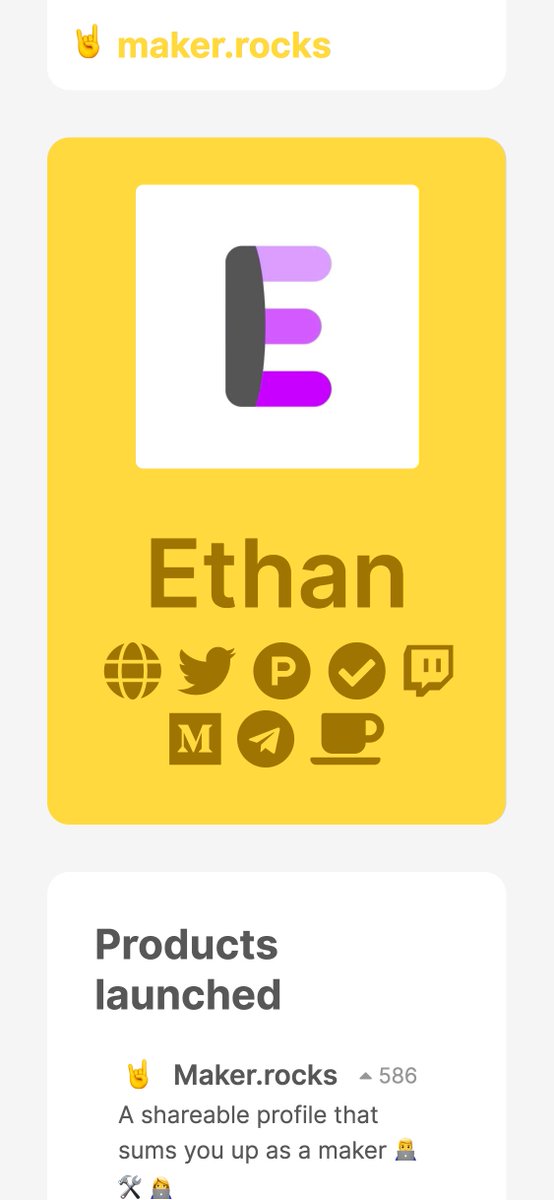
Accounts page is now also responsive!! 📱✨
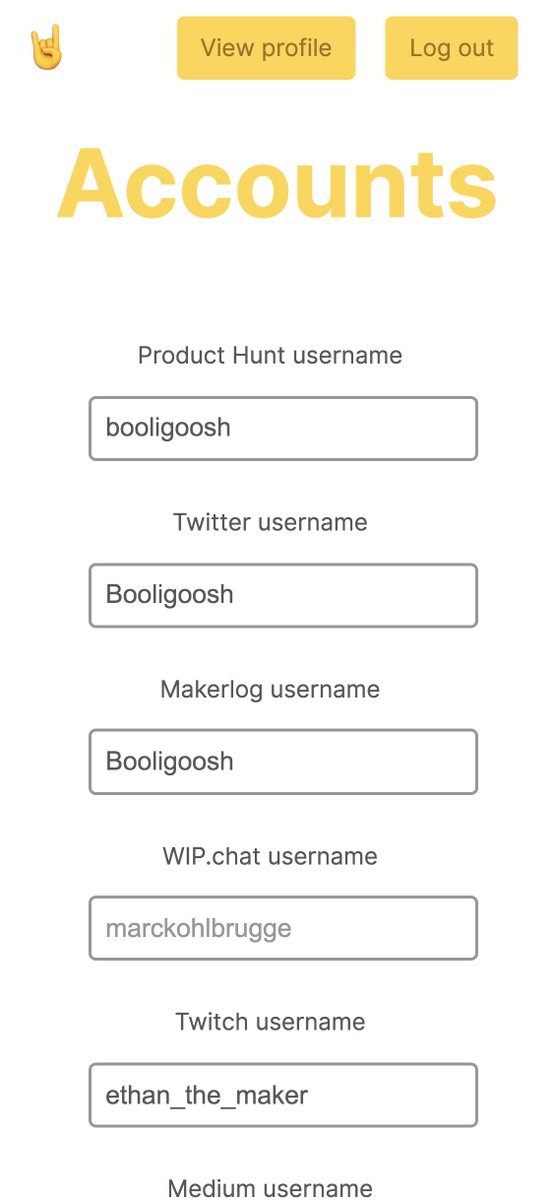
💪 I managed to make the whole site responsive in about an hour. On my roadmap I had it down as 4-5 hours!!! 🤘🤠🤘

Just added Telegram links to https://t.co/lDdqjtKTZL too! Now you can provide a nice easy way for people to message you :)

Less than 1 hour since I started adding stuff to https://t.co/lDdqjtKTZL again, and profile pages are now responsive!!! 🥳 Check it out -> https://t.co/fVkEL4fu0L

Accounts page is now also responsive!! 📱✨

💪 I managed to make the whole site responsive in about an hour. On my roadmap I had it down as 4-5 hours!!! 🤘🤠🤘
So it's now October 10, 2018 and....Rod Rosenstein is STILL not fired.
He's STILL in charge of the Mueller investigation.
He's STILL refusing to hand over the McCabe memos.
He's STILL holding up the declassification of the #SpyGate documents & their release to the public.
I love a good cover story.......
The guy had a face-to-face with El Grande Trumpo himself on Air Force One just 2 days ago. Inside just about the most secure SCIF in the world.
And Trump came out of AF1 and gave ol' Rod a big thumbs up!
And so we're right back to 'that dirty rat Rosenstein!' 2 days later.
At this point it's clear some members of Congress are either in on this and helping the cover story or they haven't got a clue and are out in the cold.
Note the conflicting stories about 'Rosenstein cancelled meeting with Congress on Oct 11!"
First, rumors surfaced of a scheduled meeting on Oct. 11 between Rosenstein & members of Congress, and Rosenstein just cancelled it.
He's STILL in charge of the Mueller investigation.
He's STILL refusing to hand over the McCabe memos.
He's STILL holding up the declassification of the #SpyGate documents & their release to the public.
I love a good cover story.......
The guy had a face-to-face with El Grande Trumpo himself on Air Force One just 2 days ago. Inside just about the most secure SCIF in the world.
And Trump came out of AF1 and gave ol' Rod a big thumbs up!
And so we're right back to 'that dirty rat Rosenstein!' 2 days later.
At this point it's clear some members of Congress are either in on this and helping the cover story or they haven't got a clue and are out in the cold.
Note the conflicting stories about 'Rosenstein cancelled meeting with Congress on Oct 11!"
First, rumors surfaced of a scheduled meeting on Oct. 11 between Rosenstein & members of Congress, and Rosenstein just cancelled it.
Rep. Andy Biggs and Rep. Matt Gaetz say DAG Rod Rosenstein cancelled an Oct. 11 appearance before the judiciary and oversight committees. They are now calling for a subpoena. pic.twitter.com/TknVHKjXtd
— Ivan Pentchoukov \U0001f1fa\U0001f1f8 (@IvanPentchoukov) October 10, 2018




